The most practical kind of politics is the politics of decency
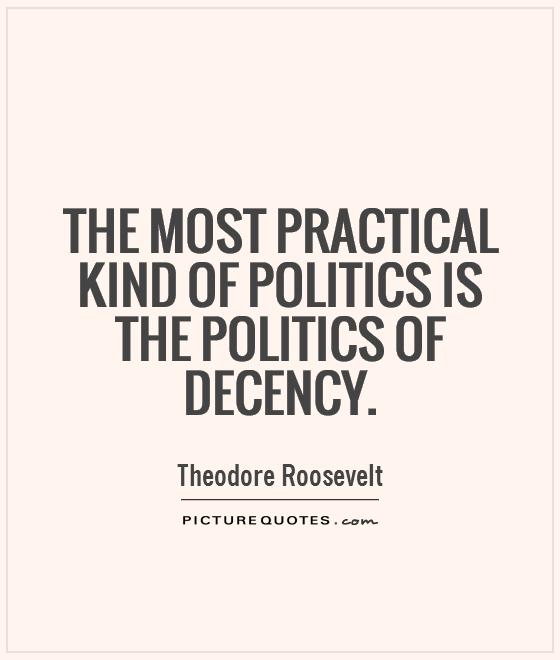
The most practical kind of politics is the politics of decency
Theodore Roosevelt, the 26th President of the United States, was known for his strong leadership and commitment to ethical governance. One of his famous quotes, “The most practical kind of politics is the politics of decency,” reflects his belief that honesty, integrity, and respect should be the guiding principles in political decision-making.In today’s world, where political discourse is often marked by divisiveness, polarization, and dishonesty, Roosevelt’s words serve as a reminder of the importance of decency in politics. Decency in politics means treating others with respect, listening to different viewpoints, and working towards common goals for the greater good of society. It means putting aside personal interests and egos in favor of the well-being of the people.
The politics of decency is practical because it fosters trust, cooperation, and collaboration among political leaders and citizens. When politicians act with integrity and honesty, they earn the respect and support of the people they serve. This, in turn, leads to more effective governance and better outcomes for society as a whole.
Decency in politics also promotes civility and respect in public discourse. Instead of resorting to personal attacks, mudslinging, and divisive rhetoric, politicians who practice decency focus on the issues at hand and engage in constructive dialogue with their opponents. This creates a more inclusive and respectful political environment where different perspectives can be heard and considered.
Furthermore, the politics of decency helps to build bridges and find common ground among people with diverse backgrounds and beliefs. By treating others with kindness and empathy, politicians can overcome ideological differences and work together towards shared goals. This is especially important in a democracy, where compromise and consensus-building are essential for progress and stability.

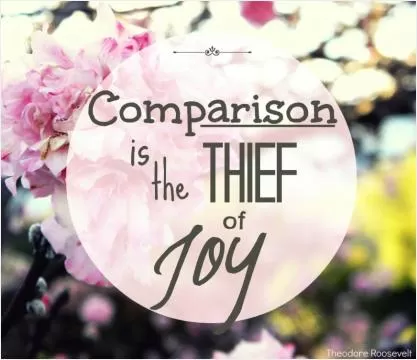
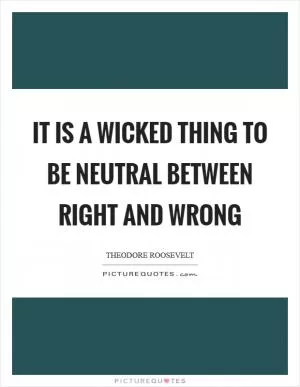
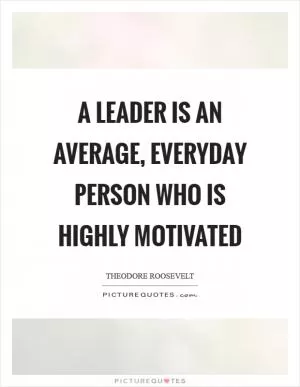
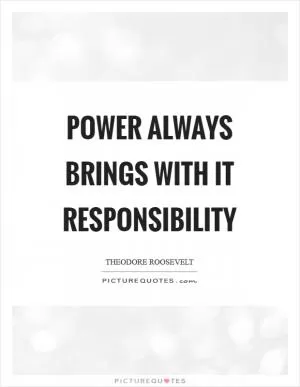
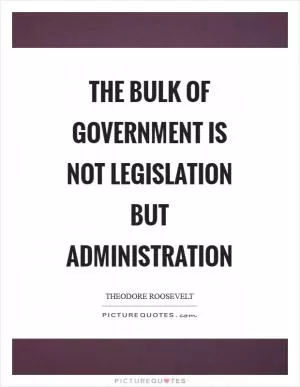
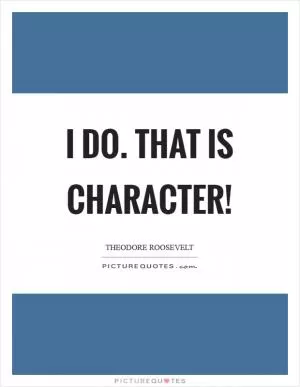
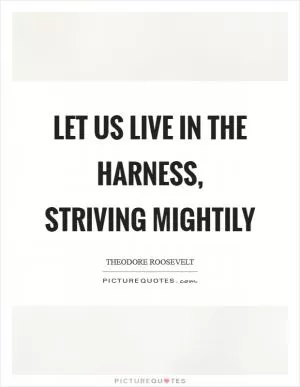


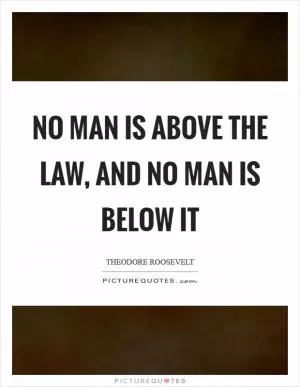

 Friendship Quotes
Friendship Quotes Love Quotes
Love Quotes Life Quotes
Life Quotes Funny Quotes
Funny Quotes Motivational Quotes
Motivational Quotes Inspirational Quotes
Inspirational Quotes